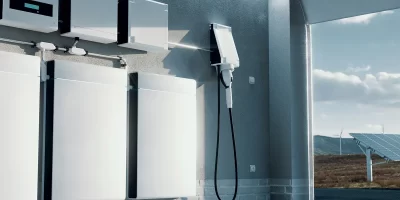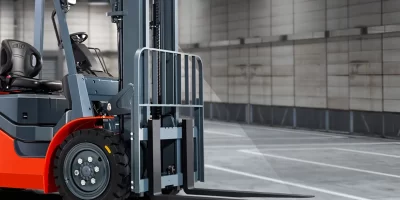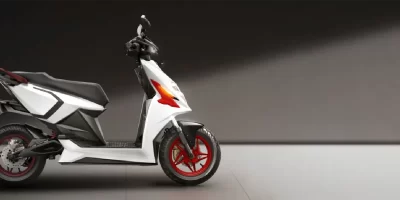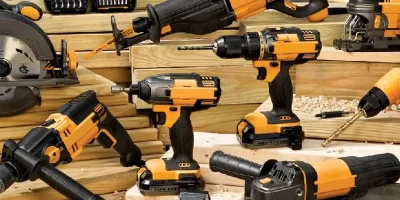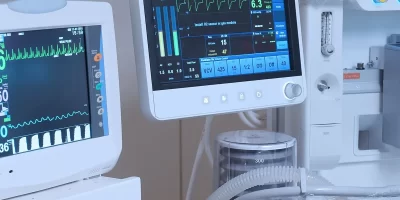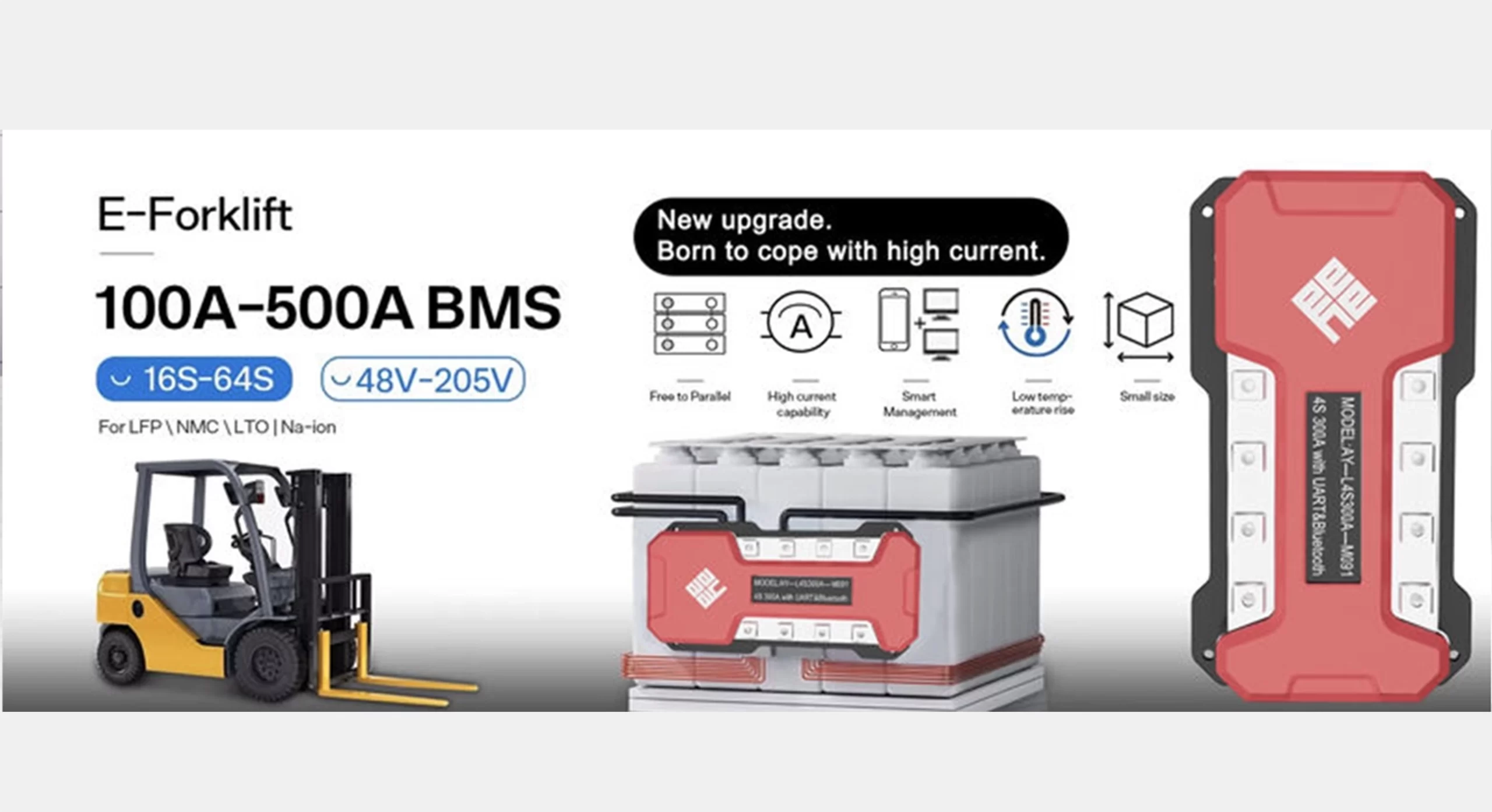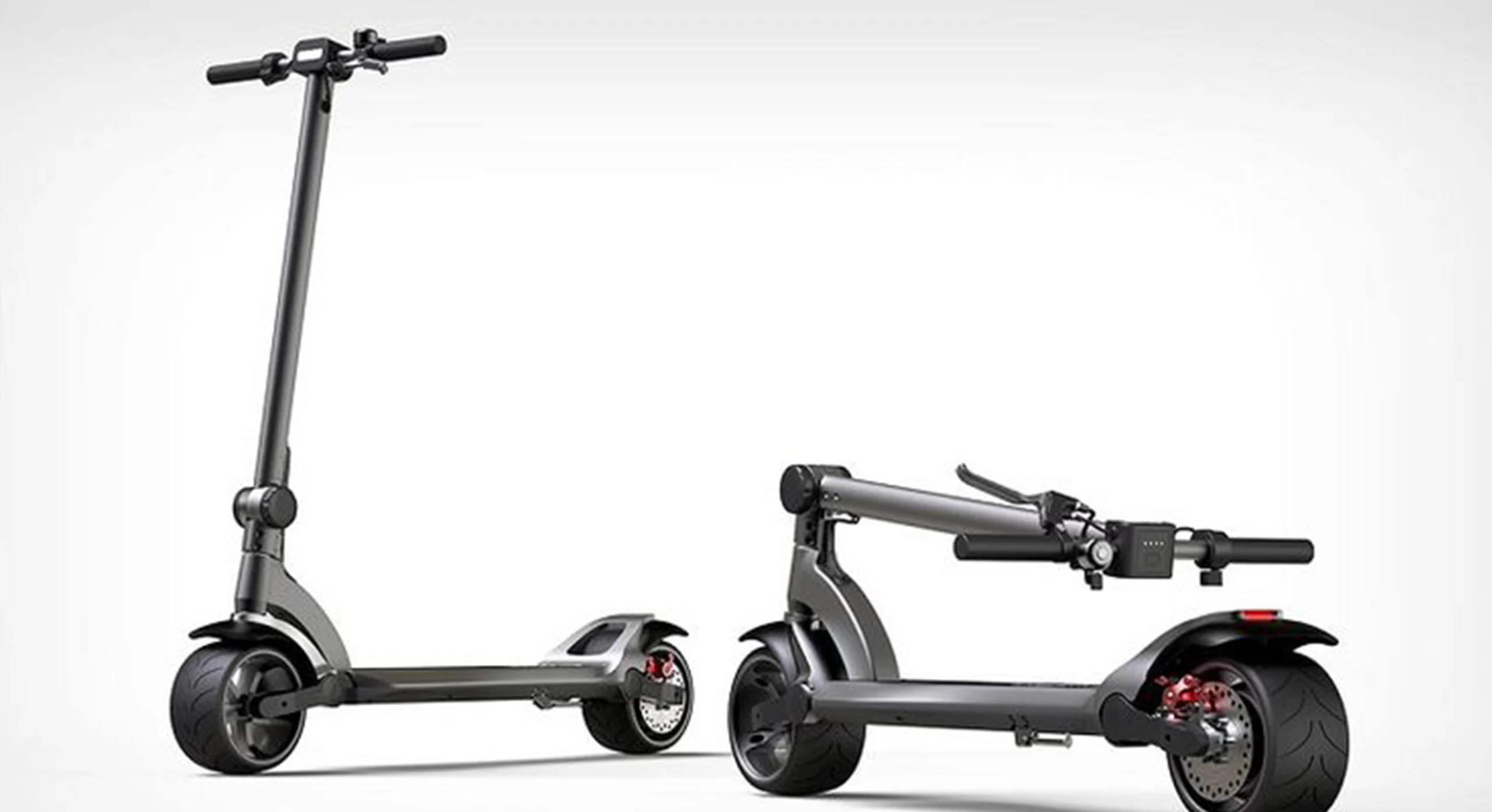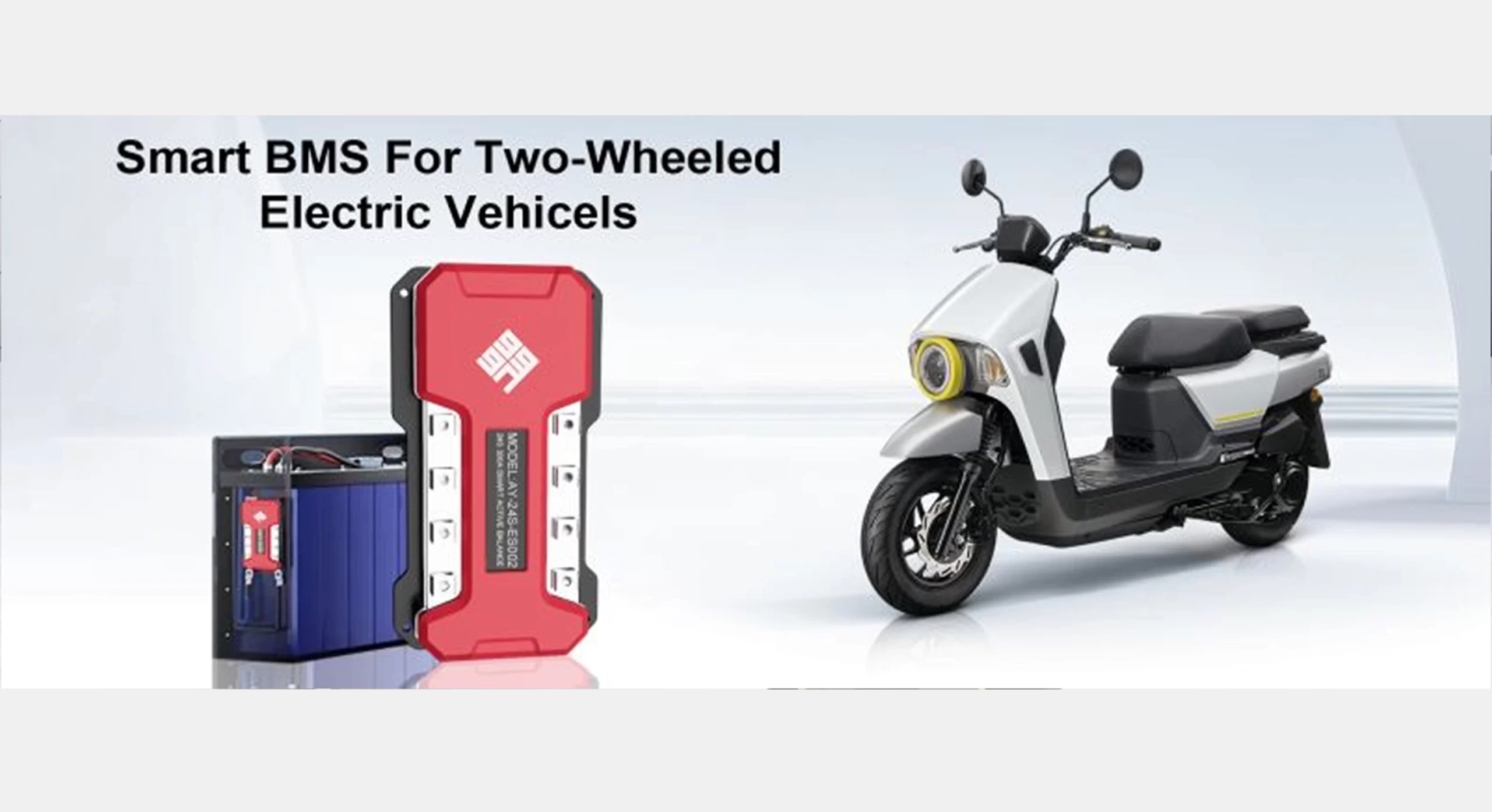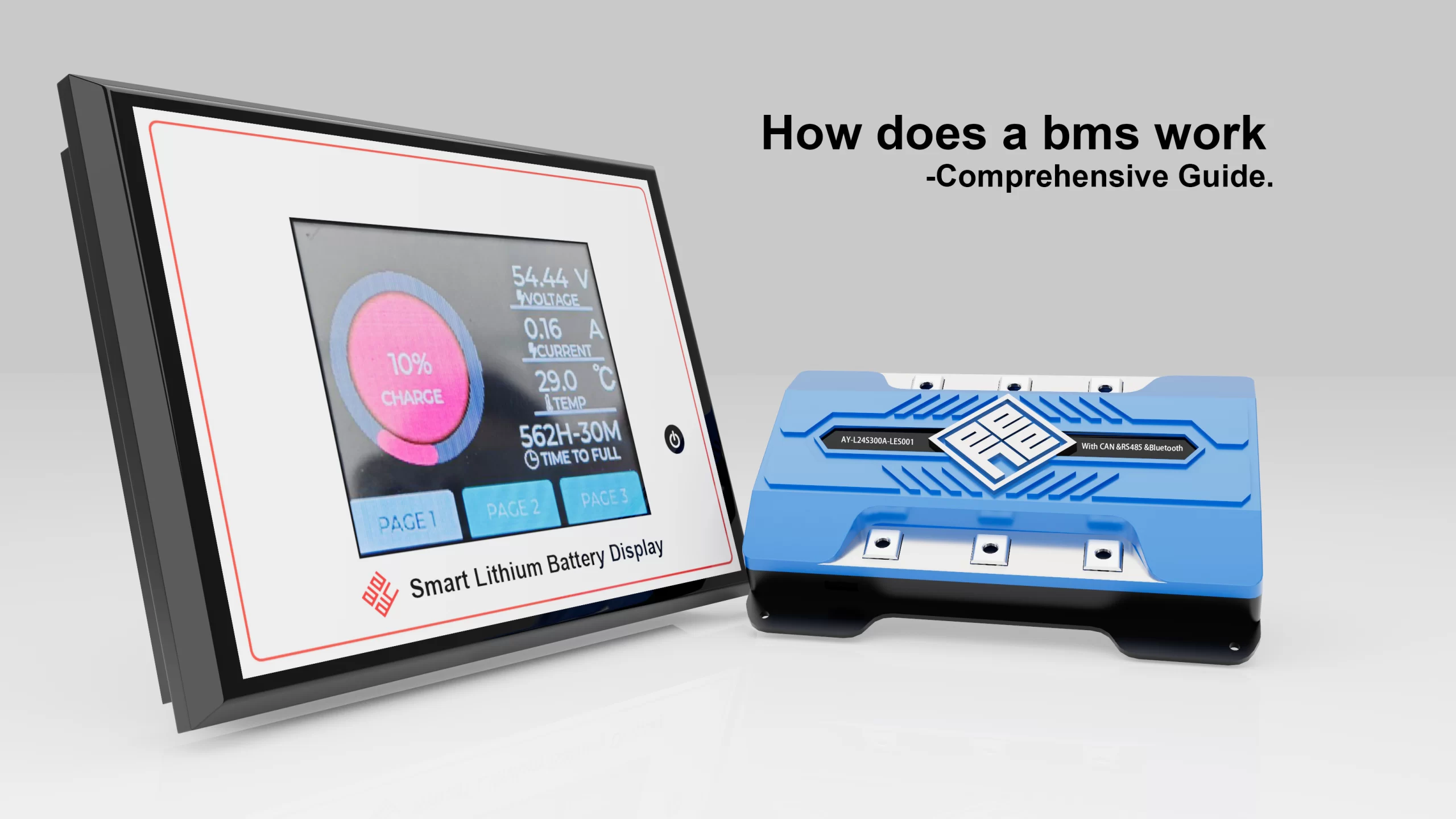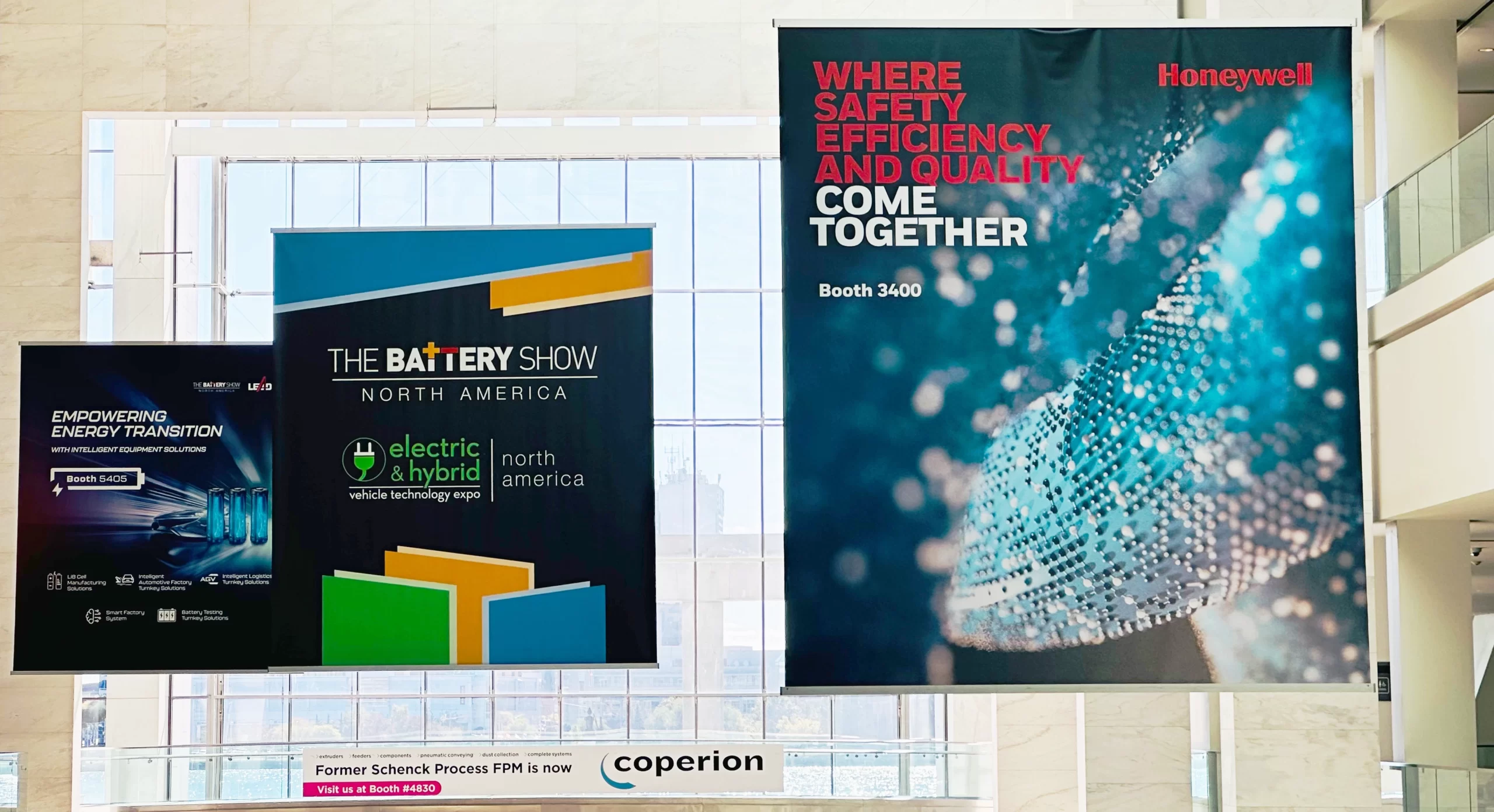Home About Us EVENTS & NEWS How to Choose the Right Forklift Battery Manufacturer: Key Technologies and Industry Standards
How to Choose the Right Forklift Battery Manufacturer: Key Technologies and Industry Standards
How to Choose the Right Forklift Battery Manufacturer: Key Technologies and Industry Standards
When it comes to the success and efficiency of your forklift operations, choosing the right forklift battery manufacturer is paramount.
The quality and reliability of forklift batteries not only affect the performance and lifespan of your equipment but also impact operational costs, productivity, and overall safety.
If you are to choose the ideal forklift battery manufacturer, then you need to understand the key technologies, standards and considerations of forklift battery manufacturers.
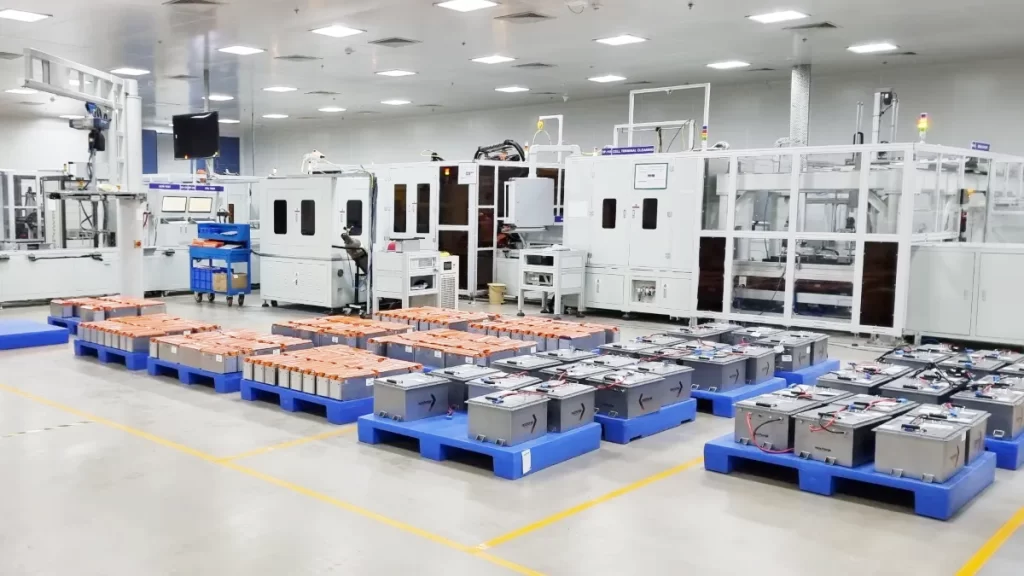
1. Understanding the Role of a Forklift Battery Manufacturer
A forklift battery manufacturer is responsible for producing high-quality, durable batteries that power electric forklifts.
These manufacturers typically produce a wide range of batteries, including traditional lead-acid batteries, advanced lithium-ion batteries, and specialized variants tailored to specific industries or use cases.
The production process involves several key stages, including raw material sourcing, cell production, assembly, testing, and quality control.
Understanding the manufacturer’s capability to deliver batteries that meet your operational needs is crucial for choosing the right partner.
Key Manufacturing Processes and Production Line Design for Forklift Batteries The manufacturing process and production line design of battery manufacturers, particularly for applications like forklift batteries, involve several key stages.
Here’s a brief overview:
Raw Material Preparation Material Sourcing: The process begins with sourcing high-quality raw materials, including cathodes, anodes, electrolytes, separators, and other components.
Material Testing: Ensuring that the materials meet industry standards for performance, durability, and safety.
Cell Assembly Electrode Preparation: The cathodes and anodes are coated onto current collectors (such as aluminum for cathodes and copper for anodes).
Cell Stacking/Coiling: The prepared electrodes are then stacked or wound into cylindrical or prismatic forms, depending on the design of the battery.
Electrolyte Filling: After stacking or coiling, the cells are filled with the electrolyte, which is essential for ion conduction during charge and discharge cycles.
Formation and Conditioning Initial Charging (Formation): The cells are subjected to an initial charging process known as formation.
This process helps to stabilize the battery’s internal components and improve its capacity.
Conditioning: Cells undergo further charging and discharging cycles to ensure their proper functioning and capacity retention.
Battery Pack Assembly Module Assembly: Individual cells are grouped together to form modules, which are the fundamental units of battery packs.
Pack Assembly: These modules are then assembled into the final battery pack, which includes the integration of key components such as battery management systems (BMS), thermal management systems, and interconnections.
Testing and Quality Control Performance Testing: The finished battery packs undergo rigorous testing, including performance tests like charge/discharge cycles, load tests, and temperature cycling to ensure they meet specified safety and efficiency standards.
Safety Checks: This includes checking for leakage, overcharging, and overdischarge conditions.
Final Inspection: The completed packs are subjected to visual inspection, sealing, and packaging before delivery.
Automation in Production Line Design Automation Integration: Modern battery production lines often incorporate automated systems to handle the assembly, inspection, and testing of cells and packs.
Robotics, conveyor systems, and automated testing equipment help increase throughput and reduce human error.
Efficiency Optimization: The production line design is optimized for speed, accuracy, and minimal waste, utilizing lean manufacturing principles.
Quality Assurance Systems: Real-time monitoring and data collection systems ensure consistent quality and immediate identification of defects or inefficiencies.
Post-Production and Packaging Packaging: The final product is securely packaged to prevent damage during shipping and to ensure safe storage.
Shipping: The battery packs are then prepared for distribution to end customers or to be integrated into the intended product (e.g., forklifts, electric vehicles).
Battery manufacturing processes are highly specialized, requiring precise control at each stage.
Automation in the production line plays a vital role in enhancing production speed and ensuring the quality and safety of the battery.
Advanced techniques such as BMS integration, efficient testing protocols, and post-production handling are all essential in producing high-quality forklift batteries and other energy storage solutions.
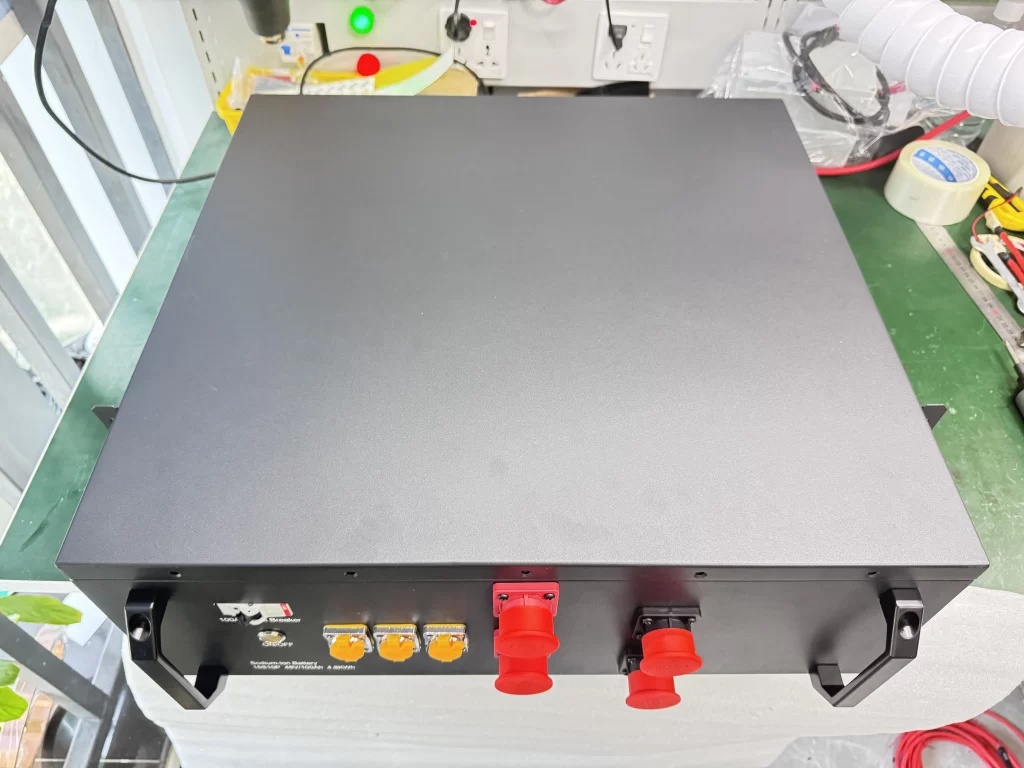
2. Key Technologies in Forklift Battery Manufacturing
a. Battery Chemistry: Lead-Acid vs. Lithium-Ion One of the first things to consider when selecting a forklift battery manufacturer is the type of battery chemistry they specialize in.
The two main types of forklift batteries are:
Lead-Acid Batteries: The traditional choice for electric forklifts. They are cost-effective but require regular maintenance, such as water replenishment and cleaning.
They are suitable for low to medium usage but are less efficient than newer technologies.
Lithium-Ion Batteries: These batteries have been gaining popularity in recent years due to their high energy density, long lifespan, fast charging capabilities, and minimal maintenance requirements.
Lithium-ion forklift batteries are especially ideal for high-frequency operations and heavy-duty usage, providing greater flexibility and reducing downtime.
A leading forklift battery manufacturer will be able to offer both types of batteries and advise you on the best option based on your specific needs.
b. Advanced Battery Management Systems (BMS)
A modern forklift battery manufacturer should integrate sophisticated Battery Management Systems (BMS) in their products.
The BMS monitors the health of the battery, including charge levels, temperature, voltage, and overall performance.
This system ensures optimal battery life, safety, and efficiency.
For example, forklift battery manufacturer offers advanced BMS solutions for forklift batteries.
Ensuring that each cell in the battery pack is balanced, protected against overcharging or discharging, and operating within safe temperature limits.
c. Energy Efficiency and Fast Charging Technologies The energy efficiency of forklift batteries is closely tied to the battery chemistry and the manufacturer’s technology.
Manufacturers that focus on energy efficiency and fast-charging technologies can help minimize downtime and increase your fleet’s operational capacity.
Lithium-ion batteries, for instance, support quick charging capabilities, reducing the downtime of your fleet during breaks or shift changes.
This means more time spent moving goods and fewer hours spent waiting for batteries to recharge.
3. Industry Standards and Certifications
When selecting a forklift battery manufacturer, you must ensure that they adhere to established industry standards and possess relevant certifications.
These standards ensure that the batteries meet the performance, safety, and environmental requirements that are critical for safe operations.
a. Safety Standards Safety is a primary concern when it comes to forklift batteries.
Look for a manufacturer that complies with global safety standards, such as:
UL (Underwriters Laboratories) Certification: Ensures the battery has been tested for safety, including protection against electrical hazards and fire risks.
IEC (International Electrotechnical Commission): Sets international standards for battery performance and safety.
Forklift battery manufacturers meet these safety standards by incorporating advanced safety features such as overcharge, over-discharge, and thermal management systems in their batteries.
b. Environmental and Sustainability Standards Environmental impact is another critical factor.
Reputable forklift battery manufacturers must adhere to environmental regulations and ensure responsible battery disposal and recycling practices.
Look for manufacturers that comply with the UN38.3 standard for shipping batteries safely and efficiently.
Manufacturers who focus on green manufacturing practices are increasingly important as industries move toward sustainable operations.
This can include low-emission manufacturing processes, recycling of old batteries, and minimizing the use of hazardous materials.
4. Manufacturing Processes and Production Capabilities
To ensure you are working with a reputable forklift battery manufacturer, you need to evaluate their manufacturing processes.
The key considerations include:
a. Automated Production Lines A forklift battery manufacturer should have a high degree of automation in their production lines.
Automated lines improve efficiency, consistency, and scalability while reducing human error.
Automated processes can also help manufacturers meet the increasing demand for high-quality, cost-effective batteries.
For example, forklift battery manufacturer are employing state-of-the-art automation in their production lines, resulting in faster production, precise quality control, and shorter lead times.
b. Quality Control A reliable forklift battery manufacturer will have strict quality control protocols in place.
The manufacturer should perform tests at every stage of production, from raw materials to finished batteries.
This ensures that every battery meets the required standards for performance, safety, and longevity.
Manufacturers utilize advanced testing technologies, including battery cycle testing, thermal testing, and voltage stabilization checks to ensure each battery operates at optimal levels throughout its lifespan.
5. Customer Support and After-Sales Service
Selecting the right forklift battery manufacturer goes beyond just the quality of the product.
Customer support is an essential consideration. A reliable manufacturer should offer:
Technical support: Assistance with installation, troubleshooting, and battery performance optimization.
Warranty and service agreements: Clear and reliable warranty policies that provide peace of mind regarding battery longevity and performance.
Remote monitoring and diagnostics: Some manufacturers offer smart solutions with remote diagnostics via apps or web interfaces.
This allows fleet managers to monitor battery status, usage patterns, and get alerts for maintenance needs.
Choosing the right forklift battery manufacturer can optimize your operations and ensure your electric forklift fleet runs efficiently and safely.
Consider the key technologies, industry standards, and the manufacturer’s commitment to innovation, quality control, and customer support.
FAQ
Q1:What is the best battery for forklifts?
A1: Maintenance Requirements:Lithium-ion batteries require almost no maintenance.
Charging Efficiency:The lithium-ion battery takes only 1-4 hours to fully charge, and the battery can be recharged during breaks or between shifts.
Energy Usage & Efficiency:Lithium-ion batteries provide much higher energy density (100–265 Wh/kg) and maintain consistent voltage throughout their discharge cycle.
Upfront Cost:Lithium-ion batteries have a higher upfront cost, but their longer service life, lower maintenance costs and energy efficiency result in a higher return on investment.
Q2:What batteries are in forklifts? A2:
lithium-ion batteries:Lithium-ion batteries have fast charging speeds, low energy consumption and long life.
More cost-effective to maintain and use.
lead-acid batteries:Lead-acid batteries are well known as a traditional battery type.
They are a tried and true solution for the material handling industry and have been used in forklifts and other equipment for decades.
nickel-cadmium:Costly and difficult to operate.
They are ultra-reliable and suitable for certain businesses.
Q3:Factors for Forklift Battery Market Expansion? A3:
Increasing demand for electric forklifts Expansion of e-commerce and logistics sectors Technological advancements in battery technology
Q4:Which is better, lead-acid or lithium-ion? A4:
Lithium-Ion batteries are the better choice for high-performance, high-energy density applications, like electric vehicles, renewable energy storage, and high-efficiency machinery.
They have a longer lifespan, better efficiency, faster charging, and lower maintenance.
Lead-Acid batteries, on the other hand, are still suitable for low-cost, short-term applications.
And where high temperature tolerance and reliability in harsh environments are required.
Shenzhen Ayaa Technology Co., Ltd. is a prime example of a leading forklift battery manufacturer that incorporates advanced technologies like BMS and smart diagnostics in their products.
They comply with global safety and environmental standards while offering high-performance lithium-ion batteries for forklift applications.
By selecting the right forklift battery manufacturer, you can ensure greater operational efficiency, cost savings, and longer-lasting performance for your fleet.
Contact Us
News Recommend
-
How does AYAATECH BMS work in E-scooters
01/16/2025 -
2024 battery show in Detroit,USA.
10/08/2024


